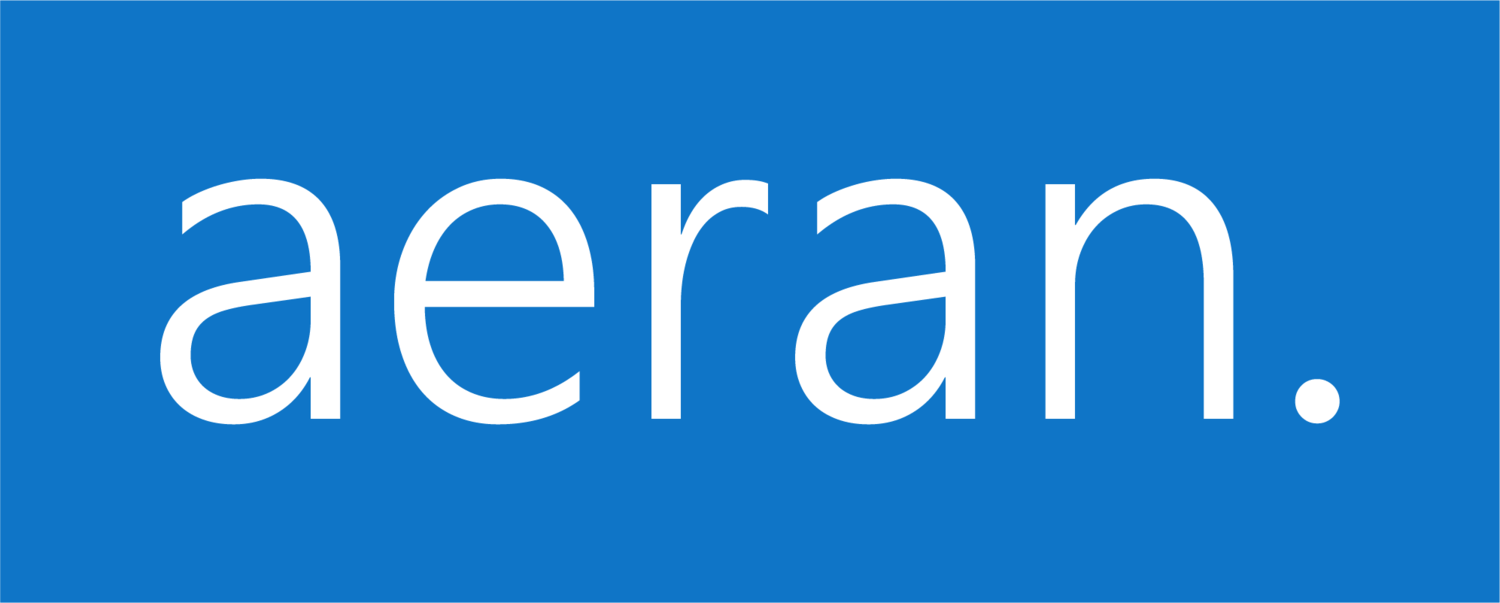The public trustee in each state and territory in Australia is available to look after funds for those who are unable to do so themselves.
They are always an option for a person who is injured and will receive personal injury compensation - where that person is a child or is an adult without financial capacity.
Often the public trustee is the best option, especially when the sum to be managed is modest. But in the context of a larger personal injury settlement care should be taken to consider all options.
Late in 2021, Amber Schultz of Crikey published an excellent series of articles titled ‘Kidnapped by the state’. She focused on ‘the secret world of state-sanctioned control of society’s most vulnerable’.
Plaintiff lawyers know that their clients without financial capacity will need a substitute financial decision-maker appointed. But it’s tricky for lawyers to know what happens once an appointment has been made.
Yet clients want to know what the options are, what the fees are, and what sort of service they will receive. Mainly they want to know how they will be treated.
Public Trustees don’t make this easy for lawyers or families.
In our experience it is very difficult to get clarity on how the various state public trustees engage with their clients, how and when they consult with them, where and how they invest, and what information and advice they regularly provide to clients and family.
Some of the issues identified in the Crikey articles are that public trustees are too controlling and penny pinching. We have been told by some of our clients who were with the local public trustee before they moved to the private sector that any complaint did not lead to better treatment, and that they were actively discouraged from trying to prove capacity or to move to another trustee.
The bottom line is that there are big differences in the level of service that a client will receive depending on their choice of substitute decision-maker.
It makes sense to investigate options early and to try to make an informed choice.
